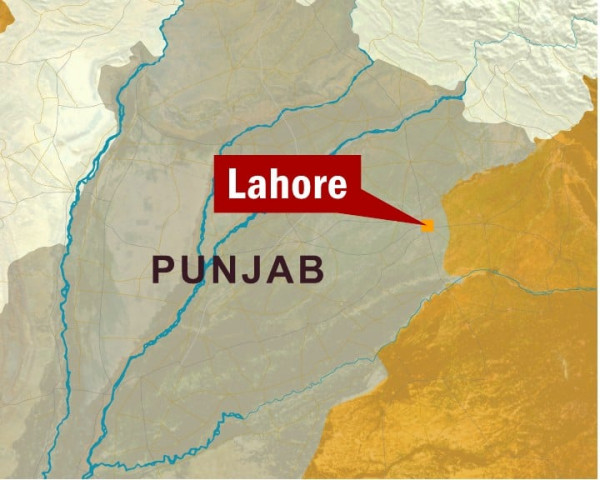Health Commission to be fully independent
Health Dept officials pledge no retired or serving bureaucrat will be hired by commission.

“We will appoint a chairman of the commission and commissioners who will be non-controversial and professionals of the highest integrity,” Fawad said at a workshop to discuss the establishment of the commission, at the University of Health Sciences on Monday.
The commission will not recruit serving or retired officers nor have any direct operational link with the government, he said. The workshop was organised by the Health Department in collaboration with the Technical Assistance Management Agency (TAMA), funded by the Department for International Development, United Kingdom.
The health secretary said that the PHC, which is to regulate hospitals, would not “go into punitive mode right away”. It would first point out deficiencies in public and private hospitals and give them time to provide the required facilities and staff, curb illegal and unethical practices and ensure effective delivery of healthcare services to patients.
He said the government’s intention with the commission was not to take over private health establishments but to set up an independent regulatory mechanism for the healthcare system.
Fawad said that more than 70 per cent of the population of the Punjab sought private healthcare facilities and the public sector share in service delivery had gone down over the years.
He said the biggest challenge in the establishment of the commission was the appointment of the right staff. “This cannot be done without consultation with all stakeholders, especially those from the private sector,” he said.
Dr Saeed Elahi, parliamentary health secretary, said that the commission would be formed in a transparent manner after consultation with all stakeholders. He said no retired bureaucrat would be hired by the commission.
Howard Lyons, TAMA’s institutional development expert, said the success of the commission depended on three factors: leadership, accountability and teamwork.
He said that medical negligence was a major issue all over the world. “Nearly 200,000 people die every year in the USA from medical errors. In fact, in the United States, hospital infections kill more people each year than AIDS, breast cancer and car accidents combined,” he said.
He said that the PHC would be a standard setting and quality assurance body for the whole health sector. “The commission will do this mainly through standardisation, quality assurance, institutional development and the establishment of a system of accreditation and capacity building for continuous professional development,” he said.
Dr Carol Barker, TAMA’s international clinical governance expert, said that although a number of activities were already taking place in the health facilities in Punjab including clinical audits, peer reviews, performance reviews, and medical records development what was lacking was the corporate governance to tie these things and other quality assurance activities into an organised process.
The workshop included several plenary sessions and breakout groups. The key areas that came under focus included registration of healthcare providers, licensing of healthcare establishments, implementation of standards in a phased manner, third party audit, accreditation, investigation of medical negligence and elimination of quackery.
Prof Malik Hussain Mubashar, vice chancellor of the UHS, Prof Aamir Aziz, Dr Akhtar Rashid, general secretary of the Pakistan Medical Association, Prof Asad Aslam Khan, vice chancellor of King Edward Medical University, Dr Faisal Sultan, chief executive of Shaukat Khanum Memorial Cancer Hospital and Research Centre, Dr Inamul Haq, senior health specialist in the World Bank, Dr Amjad Saqib, executive director of Akhuwat, Dr Asad Ashraf, member of the Punjab Assembly, and Waseem Mukhtar, special health secretary, also spoke on the occasion.
Published in The Express Tribune, January 25th, 2011.



















COMMENTS
Comments are moderated and generally will be posted if they are on-topic and not abusive.
For more information, please see our Comments FAQ